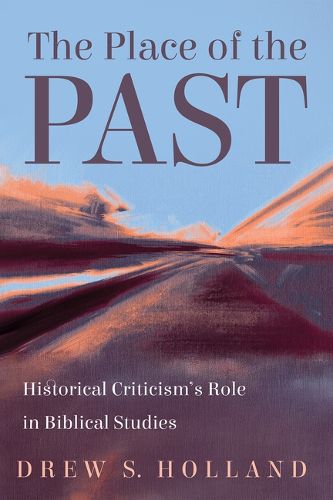Readings Newsletter
Become a Readings Member to make your shopping experience even easier.
Sign in or sign up for free!
You’re not far away from qualifying for FREE standard shipping within Australia
You’ve qualified for FREE standard shipping within Australia
The cart is loading…






This title is printed to order. This book may have been self-published. If so, we cannot guarantee the quality of the content. In the main most books will have gone through the editing process however some may not. We therefore suggest that you be aware of this before ordering this book. If in doubt check either the author or publisher’s details as we are unable to accept any returns unless they are faulty. Please contact us if you have any questions.
For decades, biblical scholars have remained divided about the role of historical criticism in biblical interpretation. On the one hand, the tools for knowing about the text, people, and world of the Bible continue to grow and intrigue readers. On the other hand, theologians, literary critics, postmodern philosophers, and others have argued that historical criticism either misses the point of the Bible or can never arrive at a desired understanding of the text. This book seeks to reengage both sides of this chasm by demonstrating what historical criticism can contribute to biblical exegesis and how it might be responsibly done.
$9.00 standard shipping within Australia
FREE standard shipping within Australia for orders over $100.00
Express & International shipping calculated at checkout
This title is printed to order. This book may have been self-published. If so, we cannot guarantee the quality of the content. In the main most books will have gone through the editing process however some may not. We therefore suggest that you be aware of this before ordering this book. If in doubt check either the author or publisher’s details as we are unable to accept any returns unless they are faulty. Please contact us if you have any questions.
For decades, biblical scholars have remained divided about the role of historical criticism in biblical interpretation. On the one hand, the tools for knowing about the text, people, and world of the Bible continue to grow and intrigue readers. On the other hand, theologians, literary critics, postmodern philosophers, and others have argued that historical criticism either misses the point of the Bible or can never arrive at a desired understanding of the text. This book seeks to reengage both sides of this chasm by demonstrating what historical criticism can contribute to biblical exegesis and how it might be responsibly done.